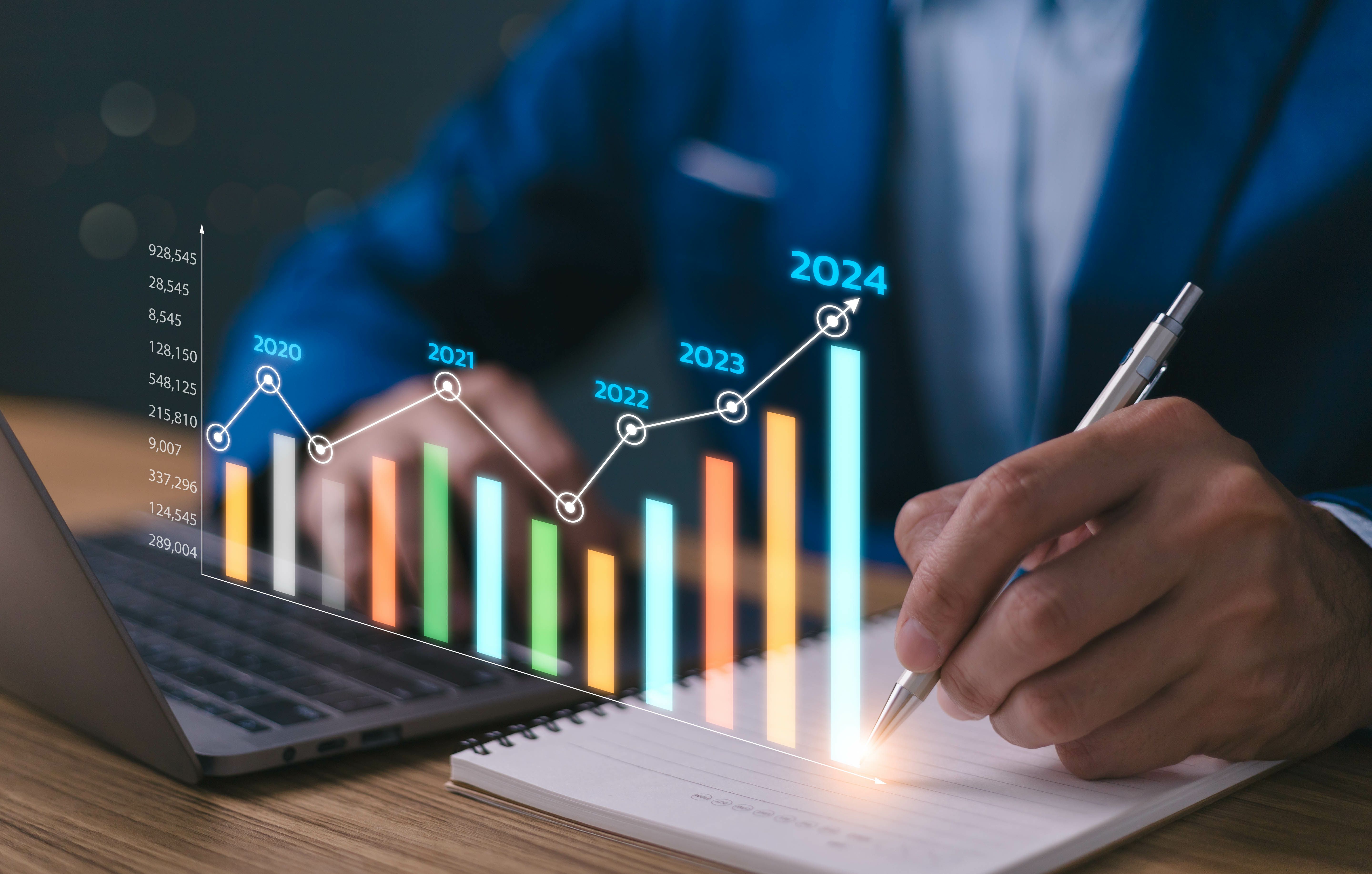- Bone Health
- Immunology
- Hematology
- Respiratory
- Dermatology
- Diabetes
- Gastroenterology
- Neurology
- Oncology
- Ophthalmology
- Rare Disease
- Rheumatology
Formycon Reports €26.9 Million Revenue for First Half 2024, Driven by Biosimilars
Formycon's first half 2024 revenue was €26.9 million, boosted by its ranibizumab biosimilar sales but down from last year due to fewer upfront payments and deferred success payments.
Formycon’s revenues for the first half of 2024 amounted to €26.9 million ($29.4 million), showing a strong start to the year, according to the biosimilar developer’s earnings report.1,2
The revenue included earnings from the commercialization of FYB201 (ranibizumab biosimilar; Cimerli), income from development services for FYB201 and FYB203, and partial milestone payments from the FYB202 (ustekinumab biosimilar) partnership with Fresenius Kabi.
Although Formycon had a strong start to 2024, revenues for the first half of the year were €16.9 million ($18.5 million) lower than the same period in 2023, largely due to fewer upfront payments and deferred success payments. | Image creditl: Suriya - stock.adobe.com

During the same period the year prior, Formycon made €43.8 million ($48.0 million). The decrease in revenue compared to the previous year is mainly due to fewer significant upfront and milestone payments in 2024, along with the deferral of expected success payments for FYB202 under the new partnership with Fresenius Kabi.
Formycon has a pipeline of 7 biosimilars, including 4 disclosed products (ranibizumab, ustekinumab, aflibercept, pembrolizumab), 2 undisclosed agents (FYB208 and FYB209), and 1 biosimilar candidate in the selection process. However, only the ranibizumab and aflibercept candidates have received FDA approval thus far.
According to the report, biosimilars have the potential to generate $212.7 billion in savings by 2032, with 45 blockbuster originator biologics losing market exclusivity between 2024 and 2032.
“Because of the high cost of many biologics, it remains true even today that too few patients are being treated with these highly effective drugs at a sufficiently early disease stage. Biosimilars, with their comparable efficacy, represent a cost-effective solution to this global problem. Biosimilars can provide the financial relief so that as many patients as possible can receive the optimal therapy as early as possible. The ‘gold standard’ for treating serious diseases should not be reserved for just the privileged few,” said Stefan Glombitza, PhD, CEO of Formycon.
In the first half of 2024, Formycon saw positive development from the commercialization of the Ranibizumab biosimilar FYB201, now available in 19 countries, with revenue rising to €3.8 million ($4.1 million) from €1.2 million ($1.3 million) in the same period last year. However, the Group's earnings before interest, taxes, depreciation, and amortization (EBITDA) dropped to approximately –€16.9 million (–$18.5 million) due to increased costs and a decline in revenue. Adjusted Group EBITDA, reflecting the strong performance of FYB201 and its significant contribution from Bioeq, amounted to –€2.1 million (–$2.3 million).
Net working capital increased to €63.0 million ($69.1 million), boosted by a capital increase and improved cash flow. The 2024 revenue forecast remains between €55 million ($60.3 million) and €65 million ($71.3 million), driven by FYB201 and other biosimilar projects, though success payments for FYB202 will be partially deferred. Despite expected ongoing investments, Formycon has raised its adjusted EBITDA guidance to between –€5.0 million (–$5.4 million) and €5.0 million ($5.4 million), and its working capital guidance to €35.0 million ($38.4 million) to €45.0 million ($49.3 million).
The report authors concluded, “The proceeds from the capital increase will primarily be used to push forward with development efforts in Formycon’s existing biosimilar pipeline, in particular the FYB206, FYB208, and FYB209 projects. In addition, the launch of development work on FYB210, a new biosimilar candidate, is planned for the second half of the year.”
References
1. Half-year report 2024. Formycon. August 13, 2024. Accessed August 13, 2024. https://www.formycon.com/wp-content/uploads/2024/08/FormyconAG_H1-2024_EN_final_secured.pdf
2. Formycon reports a strong first half-year with multiple milestones achieved. News release. Formycon. August 13, 2024. Accessed August 13, 2024. https://www.eqs-news.com/news/corporate/formycon-reports-a-strong-first-half-year-with-multiple-milestones-achieved/2110445#:~:text=Formycon%20achieved%20strong%20corporate%20development,%2C%20clinical%2C%20and%20regulatory%20objectives.&text=Formycon's%20FYB201%20(Ranibizumab)%2C%20marketed,overall%20U.S.%20Lucentis%C2%AE%20market
Newsletter
Where clinical, regulatory, and economic perspectives converge—sign up for Center for Biosimilars® emails to get expert insights on emerging treatment paradigms, biosimilar policy, and real-world outcomes that shape patient care.
